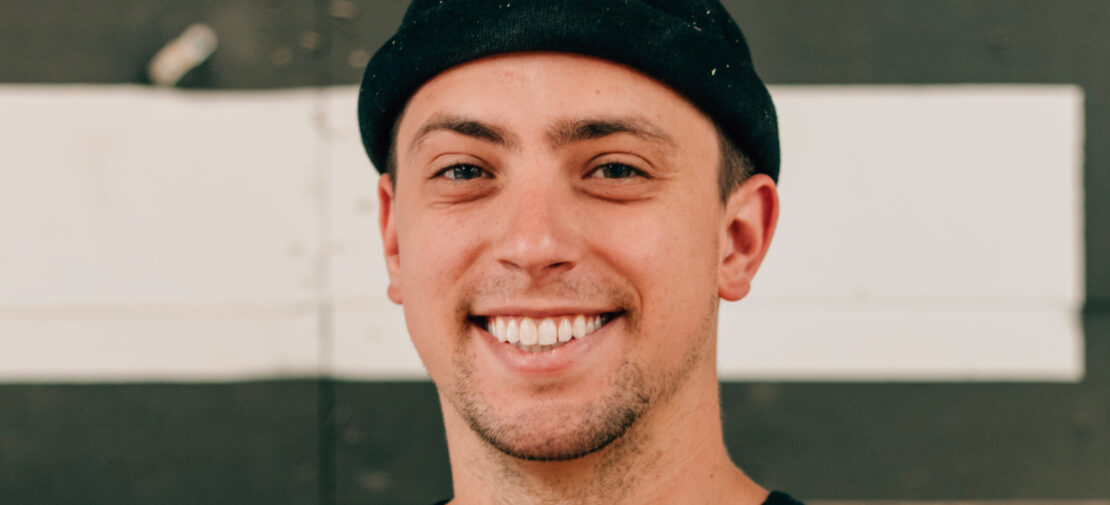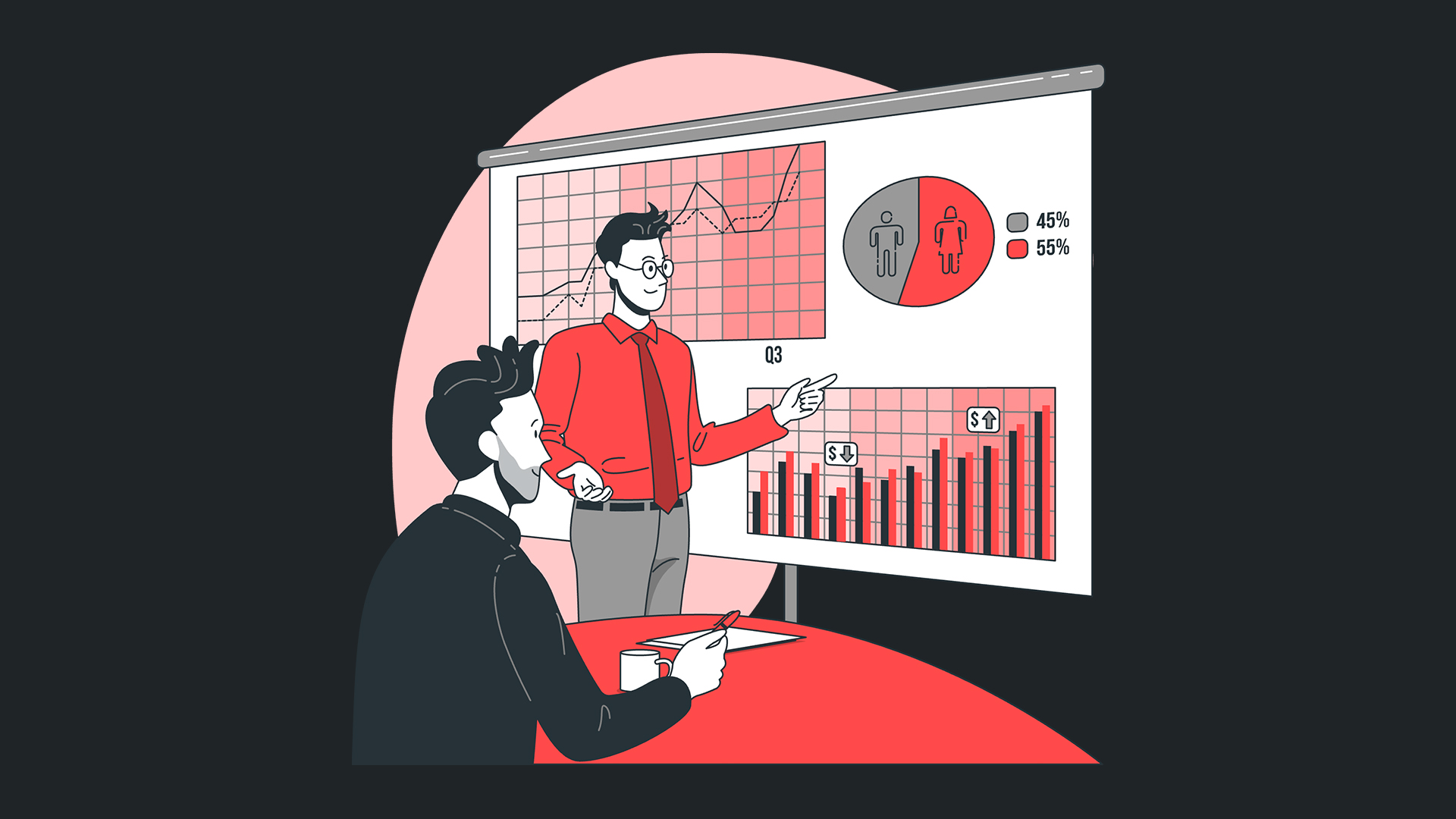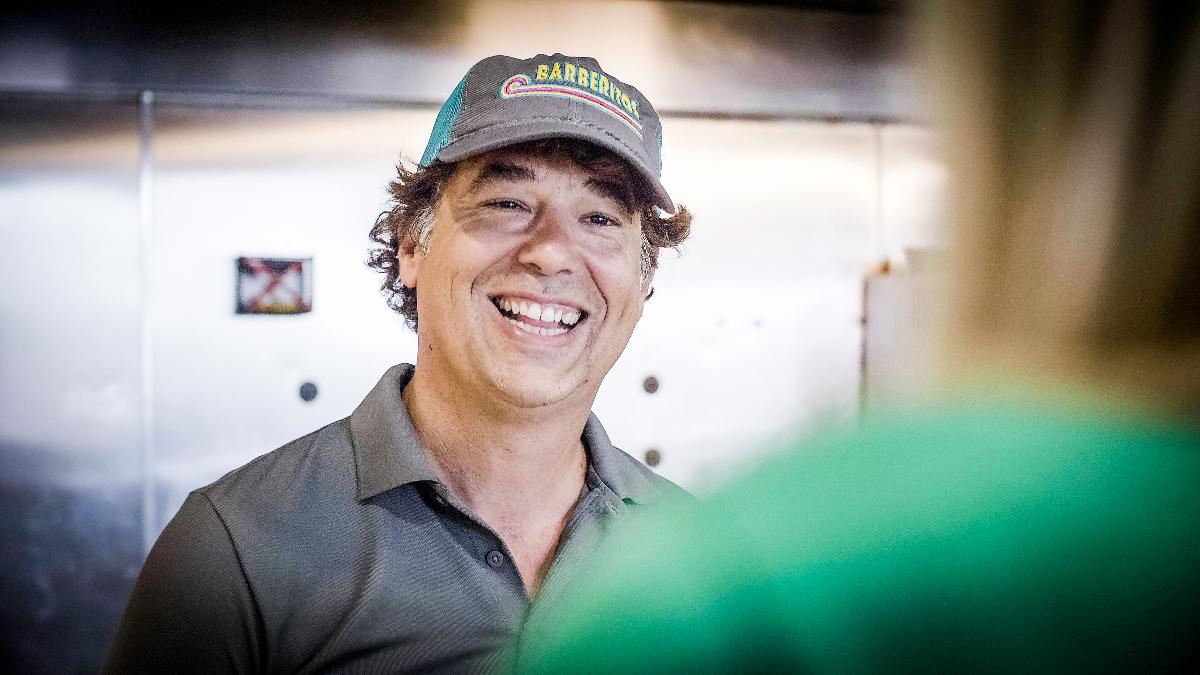
The call came in late Friday afternoon, just before “Miller Time” at Conner Monda’s Athens studio. When the founder of Manmade picked up, he already knew the ask was going to be demanding. Could he deliver a display-ready set featuring a cutout image and a functional buzzer to a Chicago venue by Sunday night? Designing, fashioning, and transporting this creation on such short notice would have presented serious challenges in normal times. But this request arrived in the height of the pandemic, with lockdowns making logistics a nightmare. It was a fanciful project to execute.
So Monda offered a response he reserves for such occasions. “You help arrange transportation to get it to you, and I’ll guarantee you’ll get what you need.”
Forty-eight hours later, the display arrived in the Windy City, to the delight of the sponsor responsible for staging the event.
This project represents the most outlandish project Manmade has executed, but it isn’t much of an outlier. There was the Dude Perfect tour, featuring a game show set with basketball rims, moving targets framed around the YouTube stars’ visages, a “Wheel Unfortunate,” and an acrylic wall with a slide through it. Then there was the interactive Chick-Fil-A corporate history exhibit on a cruise ship (pre-pandemic, Monda assures me). This was a more straightforward job, but with one complicating twist: every component of the display needed to fit in the narrow confines of an elevator to be set up on deck. For that undertaking, Manmade constructed an elevator prototype to engineer the exhibit parts for fit.
With so much variation from project to project, explaining what Manmade does challenges even its owner. Monda begins with the easier part when I question him about it: describing what his shop is. Put simply, he runs a full-service custom design fabrication studio. Of course, as I point out, there are plenty of other fabrication shops advertising themselves that way. But the operative phrase, he reminds me, is full-service. Where other studios fashion standardized objects or specialize in making niche props from blueprints the client provides, Manmade offers a turnkey solution for organizations with ideas they want to translate directly into interactive experiences for employees, clients, donors, and prospects. It bypasses the complexities of aligning multiple vendors on a single project, streamlining production and deployment. These advantages have created a healthy buzz — and a growing roster of clients.
If it’s hard to describe what Manmade does, it’s also challenging hiring personnel and developing procedures to organize what can feel like a chaotic array of projects. Think about it: how would you advertise for a position that requires the creation of a six-foot deep foam pit one day and a plexiglass exhibit wall the next? What methods would you devise to guide production on these varied designs? In fact, Monda tells me, skill in working with different materials, adaptability, and creative problem-solving matter more in prospective employees than any specific training. As far as method, asking the right questions and “doing lots of things wrong, a lot” has been the guiding mantra of his business. It’s hard to quibble with the results this experimental approach has achieved.
In some ways, Monda’s own background prepared him for this niche field. He grew up helping his dad with the custodial duties at the private school his parents helped found. Although he didn’t relish the drudgery of this maintenance work, he learned how to work with his hands from the experience.
He parlayed that experience into a more exciting opportunity when a friend’s dad offered him a position in event staging. It was a specialty business that relied equally on interior design acumen and construction skills. To understand this line of work, Monda suggests an illustration. Suppose Taylor Swift is playing a concert at Mercedes Benz Stadium. That means concert organizers will have about six hours to convert the Falcons locker room into a green room for her entourage, then dismantle it. In that brief window of time, this prosaic space will metamorphose into a luxe reception suite — and back again. The event staging crew draws on reserves of ingenuity, resourcefulness, and technical know-how to make it all happen.
His tenure with this operation became an informal apprenticeship in design. The consultants charged with imagining and supervising these transformations took a shine to the curious teenager. Monda got an education in how to stage event spaces, how to solve problems creatively, and how to execute in challenging, time-sensitive situations.
By the time he graduated from UGA (by his own admission, Monda was a middling student, and studied nothing remotely related to design), he was confident enough in his skill to strike out on his own. Promoted by his former mentors, he developed an active network of clients looking for a one-stop shop to create experiential installations for them. Over the next few years, his nascent business grew rapidly. Manmade seemed destined for a meteoric trajectory of success.
Then, in March 2020, COVID-19 arrived. Nothing has tested the resilience of the young entrepreneur at the helm more than the pandemic. In two days, Monda lost four months of work. To stay afloat, he emptied his savings. For a time, it looked like a few weeks of lockdowns might submerge his thriving business.
But while the pandemic canceled projects, it also created pent-up demand for live experiences. Bound to their homes, living online, and confronting myriad uncertainties, Americans longed to get out and fill their senses with what they’d been missing. Once conditions became safer, contracts began to trickle in again. Over time, he replenished his client base. He reports he’s now accepting the same number of assignments monthly he was before the coronavirus disrupted life as we knew it. Having weathered an existential crisis, Manmade now seems poised for expansion.
There are no best practices, no YouTube tutorial for what Manmade does. Every project poses new and different challenges. From staging events to starting a business, from improvising a set for a cross-country site in two days to surviving a pandemic, Monda invents the playbook as he goes. No matter the design, he keeps his methodology simple: ask the right questions, depend on his team to solve problems on the fly, and be willing to make mistakes — and learn from them — fast.
That approach has helped Monda navigate challenges in the past. Experience has made him more confident about what’s possible in the future. Maybe that’s why he exudes optimism no matter what outlandish requests he fields when he picks up the phone.




